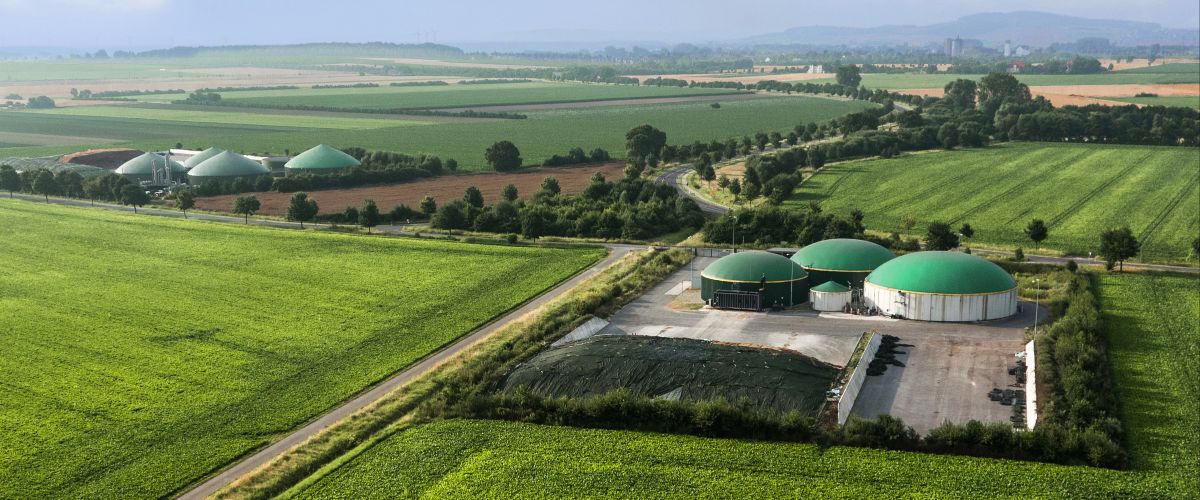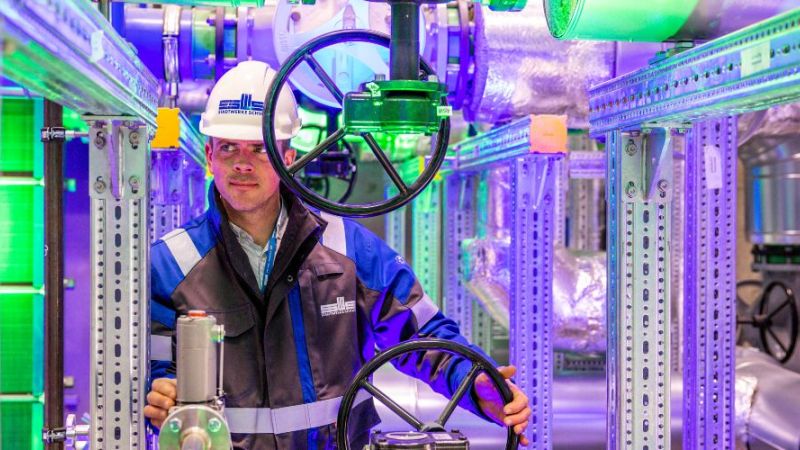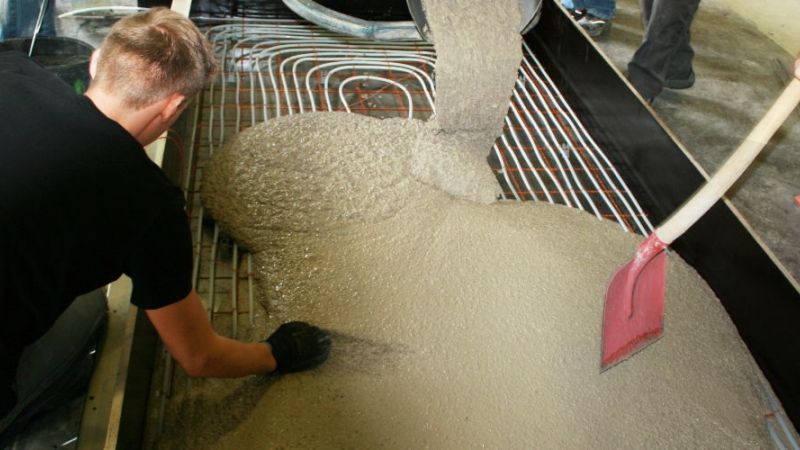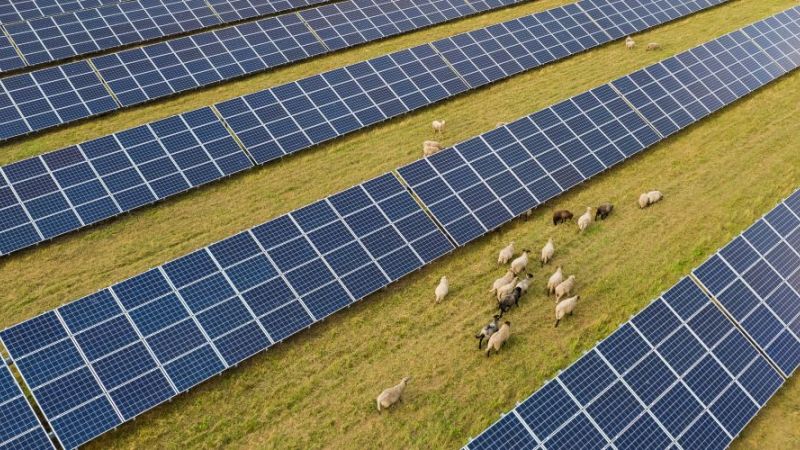Energy utilisation of biogenic residual and waste materials
Great need for research on energy utilisation of biogenic residual and waste materials
Bioenergy can be used flexibly in all sectors as a gas, liquid or solid fuel and is already contributing to a climate-friendly energy supply and security of supply. It is also transportable, storable and storable, which means that bioenergy plants and the cascaded utilisation of bioenergy will be important for Germany's future energy supply system and its resilience. However, biomass is only available in limited quantities and is increasingly subject to competition for material and energy utilisation. The BMWK only funds projects for the energy utilisation of biogenic residues and waste materials. Further research activities in the field of bioenergy are necessary to ensure that the energy transition and climate protection goals can be achieved and that previously unused biogenic residues and waste materials can also be utilised for energy. System-efficient and cascaded utilisation in accordance with the German government's National Biomass Strategy is essential.
Eligible research content on energy utilisation of biogenic residual and waste materials
Eligible for funding are projects that help to make the use of biogenic residual and waste materials for energy more efficient, lower in emissions and more cost-effective and to improve the resilience of an energy system that is increasingly based on renewable energies, in particular through systems for peak load coverage.
The range of projects eligible for funding in the field of bioenergy includes all bioenergy technologies and thermochemical, physico-chemical and biochemical conversion processes (e.g. fermentation, digestion in sewage treatment plants, gasification, combustion) through to production processes for advanced biofuels and biogenic hydrogen, which serve to expand the range of substrates used with regard to biogenic residual and waste materials.
The use of bioenergy plants plays an important role in the defossilisation of the heat supply in industry if the industrial process heat cannot be sufficiently compensated for by electrically generated heat or alternative heat from other renewable sources. The substitution of fossil fuels can then be achieved through the sensible use of biomass for heat generation in the medium and high temperature range for industrial process heat, especially if the carbon contained in biomass is used for the industrial process.
Other relevant energy research topics on energy utilisation of biogenic residual and waste materials
Biogenic and synthetic energy sources can also serve as a reserve in a defossilised heating network and cover peak loads. In addition, the practical testing and demonstration of CO2 capture and utilisation or storage with BECCUS (bioenergy with carbon capture and storage or utilisation) is also an option for neutral CO2 cycles and for achieving negative CO2 emissions and is therefore eligible for funding in combination with the energetic use of biogenic material flows.
The system-relevant flexibilisation of bioenergy plants with high overall efficiency plays a major role in ensuring security of supply even in a decentralised energy system that is largely based on renewable energies.






